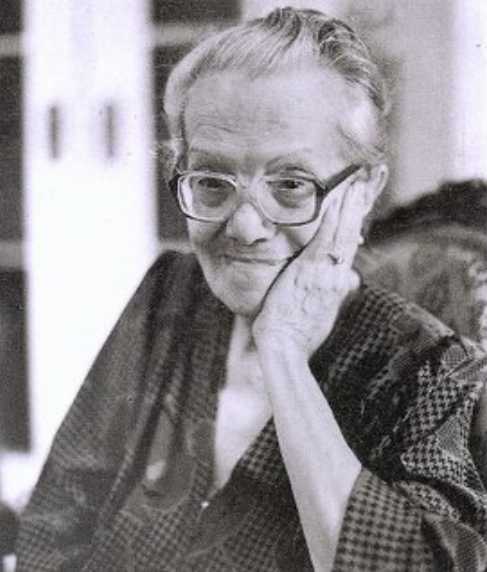4.1.1.16.2 The poetry collection “Water Games”, 1947, by Dulce María Loynaz

This lyrical text establishes continuity with its predecessors in terms of topics and the course of its aesthetic waters. It maintains and perhaps refines the poetic discoveries that already represented a defined lyrical conception and expression, replete with nuances that cannot be surpassed under the same canons, and its vital and lyrical course is alien to a transmutation of aesthetic sign, which otherwise would not have been authentic.
In this work perhaps his longing for death as dissolution grows in a spiral, a self-destructive sense that is somewhat reminiscent of Casal but does not have tragic overtones, but rather constitutes a way of escaping from the confinement of the self, if not towards life and love, then towards death, which constituted a kind of temptation, from his religious ideas a way of communing with God, of being God.
His sensitivity towards the landscape is rather nocturnal, of stars that do not shine over the lake, of a dark silence, which constitutes a transfer of his own emotional state, without losing all the sensorial charge, not only visual, since the “velvety” water also refers to the tactile, at the same time that the darkness is installed in the intimate enclosure of his being, like backstage that he does not want to open.
Regarding the transfer of emotional states to the landscape, this has some points of contact with neo-romanticism, although it cannot be said that it was entirely concomitant with this movement, since it was alien to emotional outbursts, “we are of a tough stock, of an armored temperament,” although it freely shed some drops of melancholy.
Nature in its broadest sense also constitutes a subject of song for the poetess, but more so the landscape of the Island, which provides her poetry with an anchor in reality, with identification with the country at least from this perspective, which she would continue to develop in other texts.
Although the poetess did not lean towards merely intellectual inquiries, one can appreciate in these poems a high level of knowledge and mastery of an important cultural reference framework, within which biblical texts were inserted, but her purpose was never a poetics of erudition per se, but rather to support the scaffolding of a lyricism geared towards the intimate.








